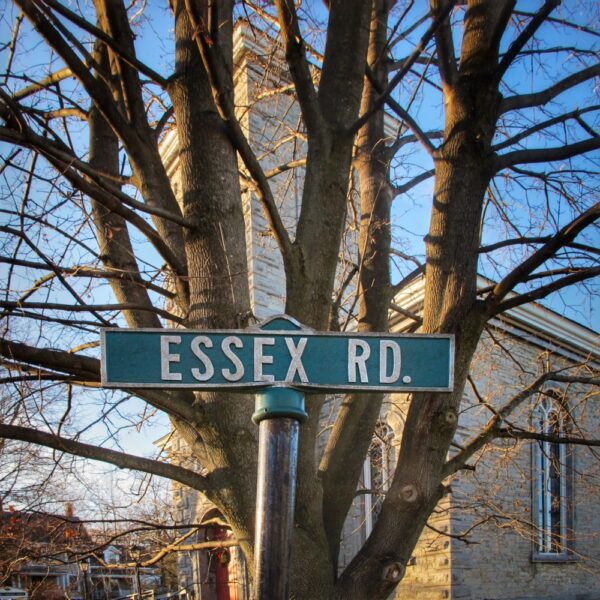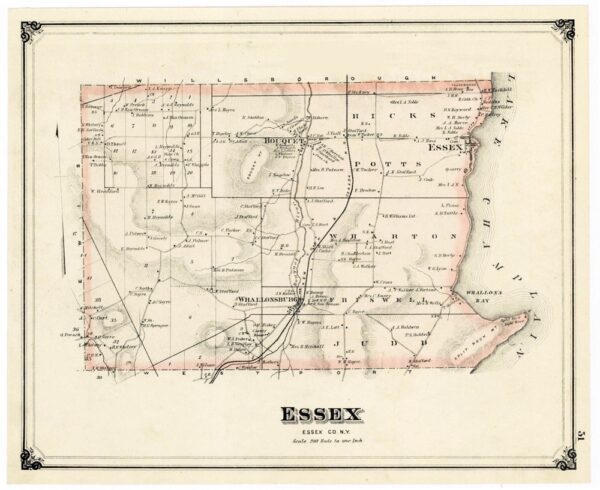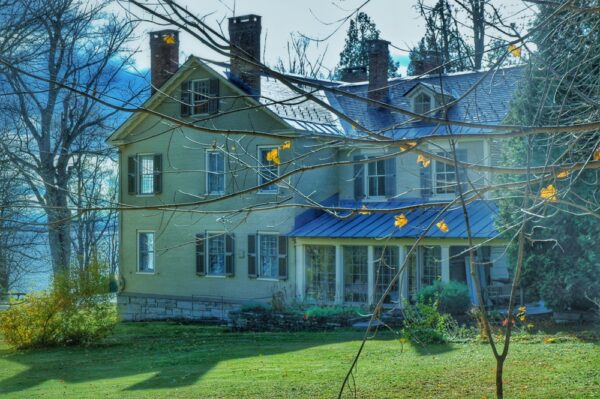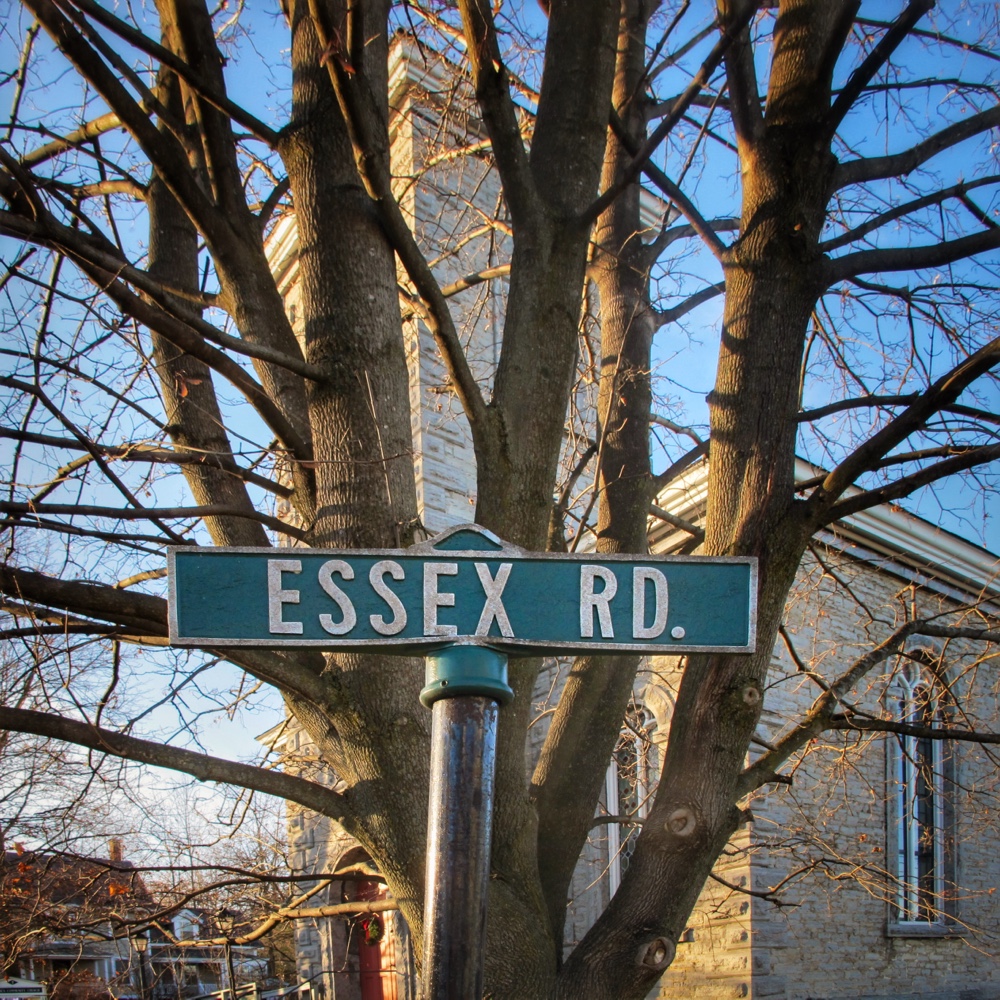At least part of what I was longing for after living, working, and exploring in Western Europe from 1999 to 2003 was a “connection with place“. To be honest, I’d fallen hard for Paris and Rome, and after four years based primarily in the former, untethering was bittersweet. But something was missing. I had begun to yearn for some sort of meaningful, wholesome, and enduring place where Susan and I could nurture our still young relationship and forge a future together with intention and balance. I’ve come to consider our willingness to prioritize placeness — and the many ways this decision has influenced use — through the lens of art and poetry. But what is this poetics of place? And what is a poetics of Essex?

I was recently accused, tenderly but definitively, of being obsessed with locale, and more precisely, with my connection to place. As a lifelong wanderer, this struck me as slightly ironic. And accurate.
By now my fixation on hyperlocality and placeness (aka the poetics of place) have become inextricably woven into the entirety of Rosslyn Redux…
(Source: Connection with Place)
We use the term community all of the time and in so many ways that it’s overloaded and underserving at this point. But something very tangible in our early days at the Lapine House had resonated for us, filling a void that we were both perhaps imperceptibly experiencing.
Months became years, and we were still searching for a property that beckoned to both of us. We saw real estate from south of Westport to Willsboro and as far inland as Spruce Hill (between Elizabethtown and Keene). But we can coming back to Essex and environs.

When Lauren Murphy prevailed upon us to consider the Lapine House, a project in need of major attention at the time, we rationalize the purchase and rehabilitation as a temporary harbor until we could find our future home. That decision, followed by our time renovating and living in the home cemented our attraction to Essex.
At the time we’d already visited Rosslyn. But we had not seriously considered purchasing it. Too much house. Too much property. Too much dilapidation. Far, far too much work needed to stabilize and rehabilitate the four historic buildings.
Our time at the Lapine House evolved our perspective. Rehabilitating Rosslyn remained too ambitious for our means and plans, but we were falling for Essex in a big way. The community’s warmth and quirky cast of character. The architectural heritage and historic charm. The location smack-dab between Lake Champlain and the Adirondacks. We were smitten!
The poetics of place are the subtle and infinite ways that places speak their truth, tell stories, sing their songs. Each place is a unique gathering of pieces which nest in patterns. See the pieces, discover the patterns, and they will reveal the processes of what has, is and will happen here. The poetics of place is a practice of inhabitation: entering into place, breathing it in, experiencing it deeply. The poetics of place is also dialogical: breathing out into the place gifts of experience, energy, clarity and creativity.
(Source: poeticsofplace.org)
In those early months and years, our poetics of Essex was absolutely an act of inhabitation. Not just dwelling, but encountering and familiarizing, immersing, wandering and wondering, letting go of expectations and preconceptions, and beginning to yield to the past, present, and future of Essex.

By the summer of 2006 when Rosslyn became our home, our connection with place had ripened. Essex and home merged. It was as if we should’ve known this long ago, as if we were rediscovering or remembering, maybe even relearning the feelings of groundedness and belonging. We were receptive. We were willing. And I had become deeply curious, consumed with wonder about this miniature community. What was possible?

Leave a Reply